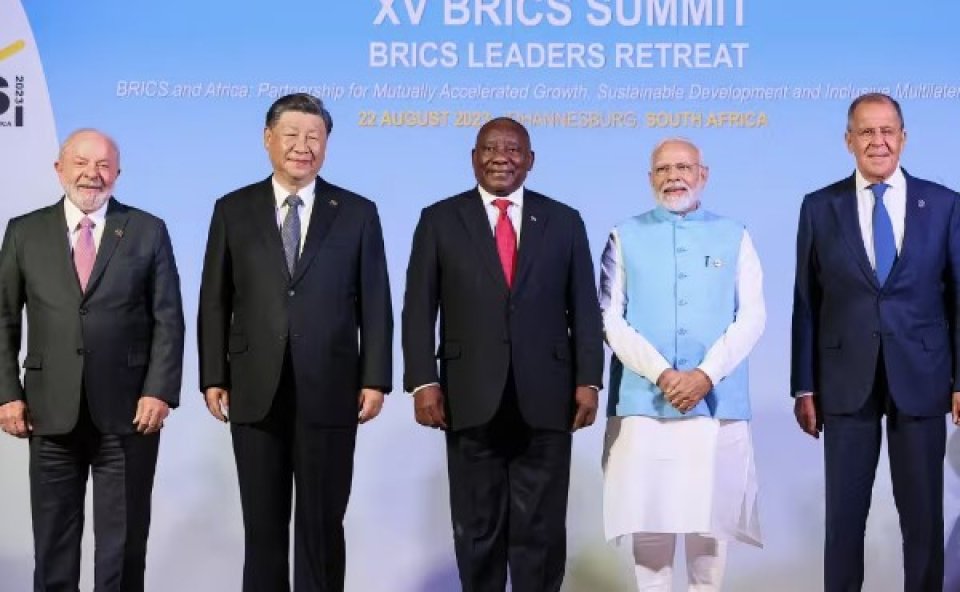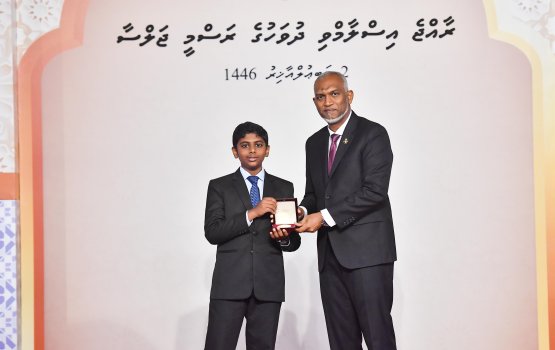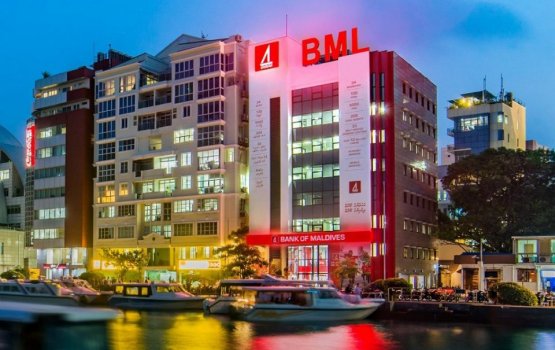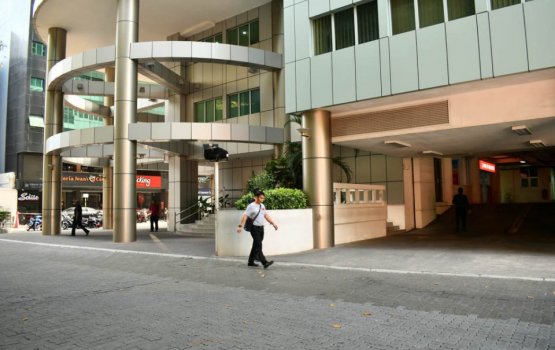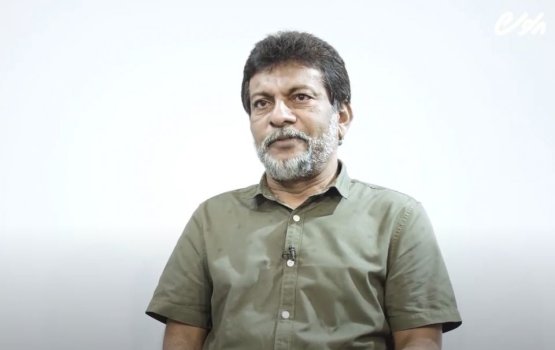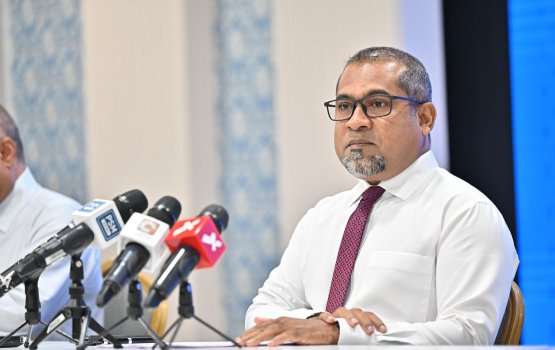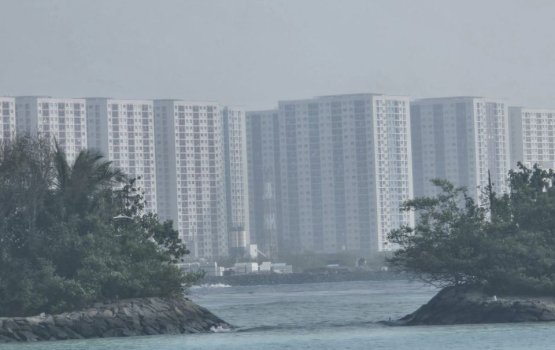India’s influence within the BRICS bloc was further consolidated as Prime Minister Narendra Modi’s participation in the 17th BRICS Summit in Brazil was marked by strong advocacy for inclusive development, clean energy, and Global South cooperation.
The summit, held on July 6–7, was attended by leaders from Brazil, Russia, India, China, and South Africa, along with newly inducted members including Egypt, Ethiopia, and Iran. Key global challenges — from climate change to digital transformation and health security — were addressed, with India’s contributions widely acknowledged.
A renewed emphasis on digital cooperation, equitable global governance, and climate resilience was placed by the Indian delegation, while calls for stronger multilateralism were made during the plenary discussions.
A Vision Advanced
India’s long-standing priorities within BRICS — including financial reform, technology sharing, and South-South cooperation — were reaffirmed during the summit. PM Modi’s interventions were seen as instrumental in steering conversations toward practical outcomes in areas such as energy transition and digital inclusion.
Joint research initiatives, particularly in renewable energy and health, were proposed by India, and welcomed by other member nations. India's digital public infrastructure model — including systems like Aadhaar and UPI — was showcased as a scalable solution for other emerging economies.
Legacy of Constructive Engagement Recognized
India’s role in shaping BRICS since its inception was highlighted by several participating countries. The New Development Bank (NDB), whose foundation was supported by India in 2014, was praised for its growing portfolio of development projects across the Global South.
The push for reforms in global financial institutions and greater representation of developing nations in international decision-making forums was reiterated by the Indian side. Support for the expansion of BRICS was expressed, with India's role in facilitating new memberships acknowledged.
Commitments Made on Global Challenges
During the summit, strong commitments were made toward enhancing cooperation on climate action, food security, and health systems. India’s clean energy ambitions — including its target of 500 GW of non-fossil fuel capacity by 2030 — were emphasized, and potential partnerships within BRICS for renewable energy deployment were explored.
Health security was also addressed, with India’s pandemic-era leadership in vaccine production and distribution cited as a foundation for deeper collaboration in pharmaceutical supply chains and infrastructure development.
Global South Given a Louder Voice
India’s efforts to amplify the concerns of the Global South were underscored throughout the summit. The inclusion of additional developing nations in BRICS was hailed as a positive step, with India’s support for a more representative and inclusive bloc being widely recognized.
BRICS was reaffirmed as a platform for addressing shared challenges through cooperation rather than confrontation, and India’s diplomatic approach was credited with maintaining that focus.
As the summit concluded, India’s stature within BRICS was seen to have been significantly enhanced, with its proposals for joint action, particularly in technology and sustainable growth, gaining considerable traction among member states. (Source: News feeds)

